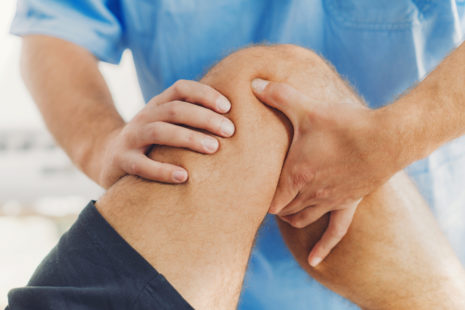If you are injured in Jiu-Jitsu, it’s necessary to take appropriate steps to address the injury and promote healing.
Here’s what to do if you are injured…
- Stop Training – If you sustain an injury during Jiu-Jitsu, stop training immediately to prevent further damage. Continuing to train with an injury can exacerbate the condition and prolong recovery time.
- Assess the Injury – Evaluate the severity of the injury and determine if medical attention is necessary. Minor injuries such as bruises or strains may only require self-care, while more severe injuries such as fractures or ligament tears may require medical intervention.
- Rest and Ice – For minor injuries, rest the affected area and apply ice to reduce swelling and inflammation. Ice should be applied for 15-20 minutes every few hours during the initial 24-48 hours following the injury.
- Compression and Elevation – If there is swelling, consider using compression bandages to help reduce swelling and provide support. Elevating the injured limb above the level of the heart can also help reduce swelling.
- Seek Medical Attention – If the injury is severe or if you are unsure of its severity, seek medical attention promptly. A healthcare professional can assess the injury, provide a diagnosis, and recommend appropriate treatment.
- Follow Treatment Recommendations – If you receive medical treatment for your injury, follow your healthcare provider’s recommendations carefully. This may include rest, immobilization, physical therapy, or other interventions depending on the nature of the injury.
- Modify Training – As you recover from the injury, modify your training regimen to avoid aggravating the affected area. Focus on activities that do not exacerbate the injury and gradually reintroduce training as tolerated.
- Listen to Your Body – Pay attention to your body’s signals during the recovery process. If you experience pain or discomfort during training, stop and reassess. Pushing through pain can worsen the injury and prolong recovery time.
- Prevent Future Injuries – Take steps to prevent future injuries by warming up properly before training, using proper technique, and addressing any weaknesses or imbalances through strength and conditioning exercises.
- Return to Training Gradually – Once you have fully recovered from the injury and received clearance from a healthcare professional, gradually return to Jiu-Jitsu training. Start with light activities and gradually increase intensity and duration as your strength and flexibility improve.
By taking these steps, you can effectively manage injuries sustained in Jiu-Jitsu and promote a safe and timely recovery. Always prioritize your health and well-being, and seek professional medical advice if needed.




